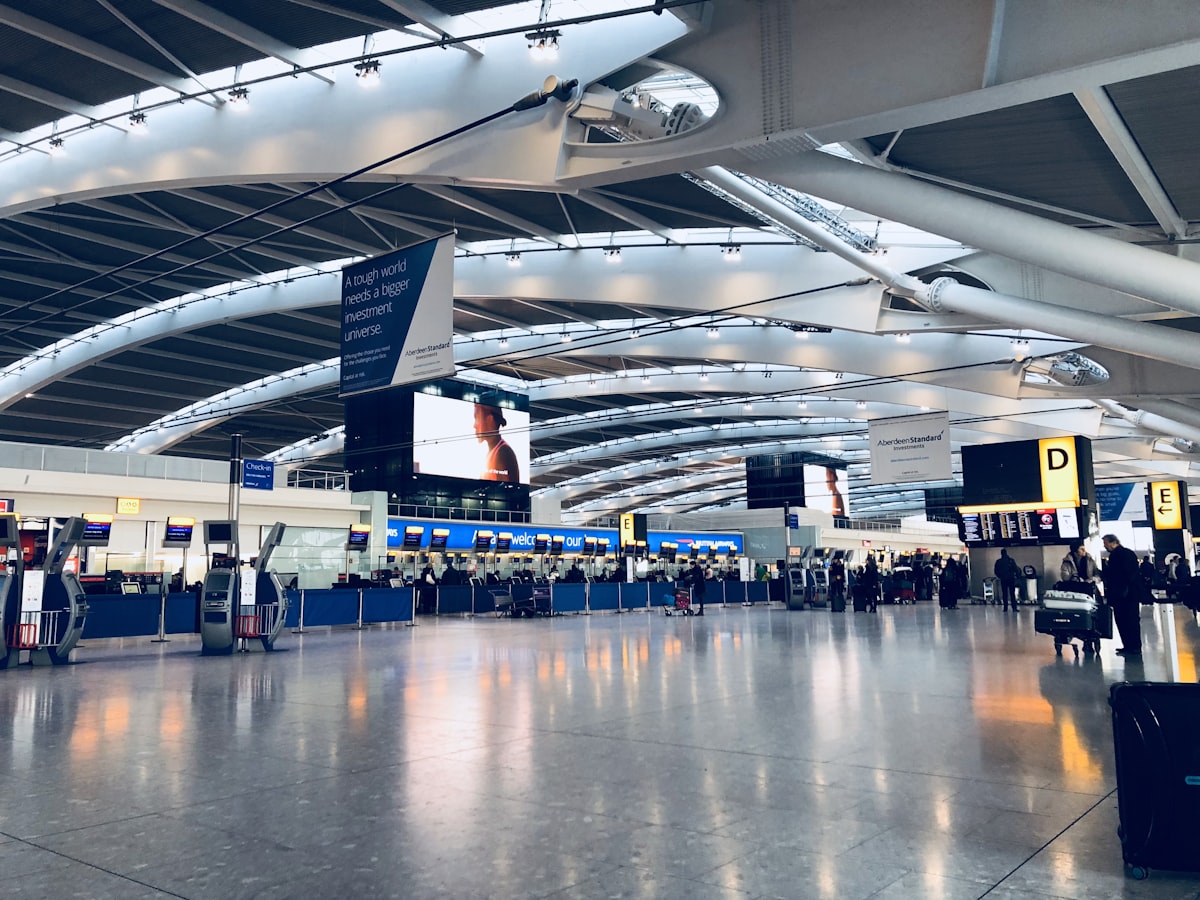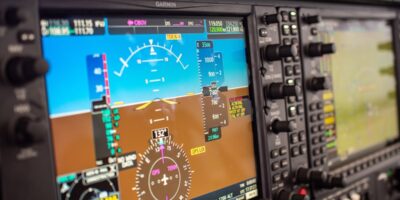Nacelles: Essential Components in Wind Turbines and Aircraft
I was standing at the base of a wind farm in west Texas a couple years back, craning my neck to look up at those massive turbine towers, and somebody pointed to the big boxy thing sitting on top and said, “That’s where all the magic happens.” They were talking about the nacelle. Most people don’t give nacelles a second thought — whether they’re on a wind turbine or tucked around a jet engine — but these housings are doing some seriously important work.

Wind Turbine Nacelles
On a wind turbine, the nacelle is the big enclosure sitting at the top of the tower. It’s where the gearbox, generator, and main shaft all live. Without it, you’d basically have a bunch of expensive equipment exposed to the weather on a pole. The nacelle is what makes the whole wind-to-electricity conversion possible.
Core Components
The gearbox inside the nacelle is a key player. It takes the slow rotation of those huge turbine blades and speeds it up to the RPMs the generator needs. The main shaft connects the rotor to the gearbox, transferring all that mechanical energy. Some newer turbines use direct drive generators that skip the gearbox entirely — fewer moving parts, less maintenance.
Generators inside the nacelle are where wind energy finally becomes electricity. It’s a pretty elegant process when you think about it. Wind pushes blades, blades turn shaft, shaft drives generator, generator makes power.
There are also control systems packed in there. Sensors track wind speed, wind direction, and rotor speed constantly. The control system uses all that data to adjust the turbine for optimal performance and to shut things down if conditions get dangerous. Probably should have led with this — without those controls, a turbine in a strong storm could literally tear itself apart.
Structural Design
Nacelles have to be tough. They’re sitting at the top of a tower, exposed to wind, rain, temperature swings, and sometimes ice. Manufacturers build them from high-strength materials like fiberglass and reinforced polymers. They need to protect everything inside while being light enough that the tower can support them.
Something people don’t always think about: technicians have to work inside these things. On large turbines, nacelles are roomy enough for a person to move around comfortably while doing maintenance. Accessibility and layout matter a lot when a repair means climbing a 300-foot tower first.
Manufacturing and Installation
Building a nacelle is precise work. They’re assembled at dedicated facilities to exact specifications, then shipped to the installation site. Getting one to the top of a turbine tower requires heavy-lift cranes and careful coordination. Once it’s up there, technicians secure it in place and connect everything to the rotor and tower. It’s not a job for anyone afraid of heights.
Aircraft Nacelles
Aircraft nacelles serve a different purpose but they’re just as important. On a plane, the nacelle is the housing around the engine. It protects the engine, improves aerodynamics, and integrates with the aircraft’s structure.
Design and Functionality
Aircraft nacelles are shaped to minimize drag. Every bump, seam, and curve is designed with aerodynamics in mind. They also incorporate features like thrust reversers (those things that help slow the plane after landing) and engine mounts that attach to the wings or fuselage.
Drag reduction directly affects fuel efficiency and performance — even small improvements in nacelle design can save airlines significant fuel costs over thousands of flights. Many nacelles also include acoustic features like noise-absorbing liners to reduce engine noise. If you’ve noticed newer planes are quieter, nacelle design is a big part of why. That’s what makes nacelle engineering endearing to aircraft designers — it solves multiple problems at once.
Thermal Management
Jet engines produce a lot of heat. Like, a LOT of heat. Nacelles need insulation and cooling systems to keep temperatures manageable and prevent heat damage to surrounding structures. Getting the thermal management right is a balancing act between protection and weight.
Maintenance and Inspection
Engineers design aircraft nacelles with maintenance in mind. Removable panels and modular components let technicians get to the engine quickly for inspections and repairs. When an airline’s plane is sitting at a gate, time is money — so easy access matters.
Conclusion
Whether they’re perched on top of a wind turbine tower or wrapped around a jet engine, nacelles are doing critical work. They house and protect the most important machinery in these systems, and their design directly affects efficiency, safety, and performance. They’re the unsung heroes of both wind energy and aviation — not flashy, but absolutely necessary.
Recommended Aviation Gear
David Clark H10-13.4 Aviation Headset – $376.95
The industry standard for aviation headsets.
Pilots Handbook of Aeronautical Knowledge – $25.42
Essential FAA handbook for every pilot.
As an Amazon Associate, we earn from qualifying purchases.



